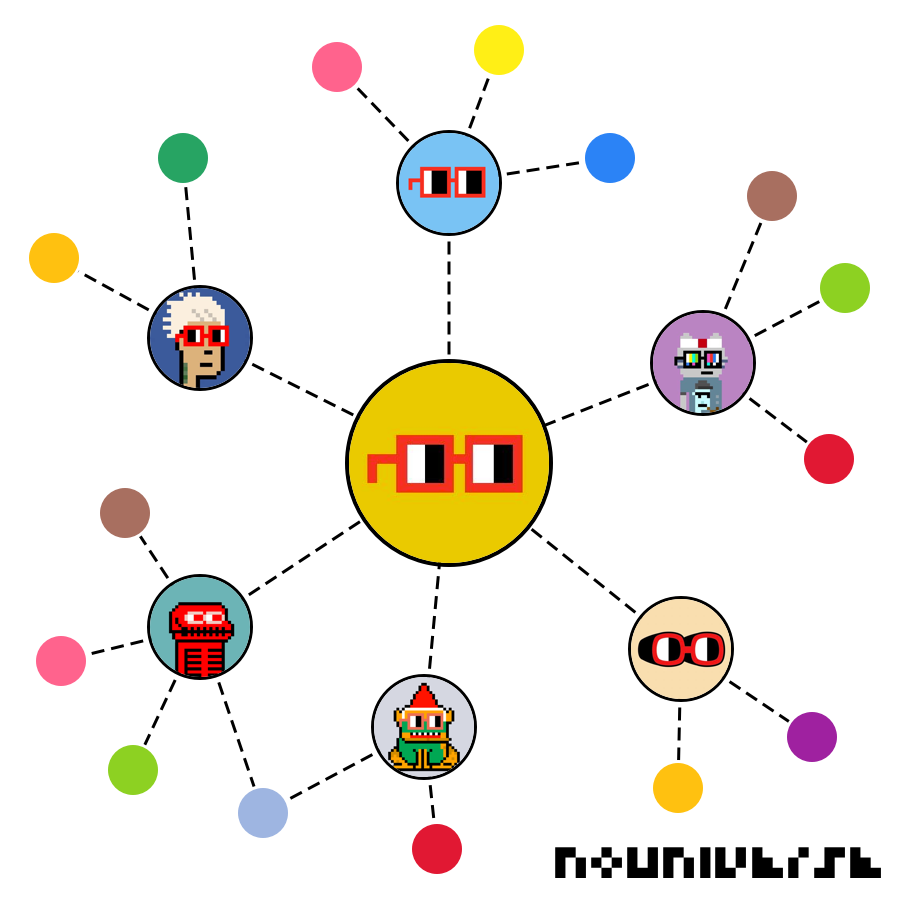In a much cited interview with the Wall Street Journal, Taylor Swift stated the following: “Music is Art, and Art is important and rare. Important rare things are valuable. Valuable things should be paid for.” As a music lover, I found it extremely tempting to nod and agree with her on all points – however there are a few glaring issues with her argumentation.
Music is not scarce – quite the opposite! David Bowie predicted a future in which music would be as common and as valuable as water or electricity: “Music itself is going to become like running water or electricity.” This is exactly the situation in which we find ourselves today.

Music, a capital and time intensive activity, is not scarce – and it is now being priced accordingly. On streaming platforms, every play is priced in pennies while singles and albums fetch very low prices on platforms such as Google Play and iTunes. It is not rare to see Music being offered for free on discussion forums and social media.
According to Taylor Swift’s argumentation, rare things are valuable. It follows from the premise that things which are not scarce, such as music, are not valuable. This brings us to the hair-raising conclusion that non-valuable things should not be paid for.

What is the solution to Music’s Scarcity and Pricing problems? How do we price a time and capital intensive activity which produces non-scarce outputs?
Perhaps the question should be: how do we change Music, the entire Musical Experience, to induce scarcity and allow it to be priced in a way that is more sustainable for musicians and the Industry as a whole?
It is not my goal here to present Non-Fungible tokens as a sort of Deus Ex Machina that flies in just in time to save the day, but the truth is that NFTs could effectively solve, in a very large measure, Music’s scarcity and pricing problems.
Scarcity: Albums and Singles released in very limited numbers and minted as NFTs could be a step in the right direction. These albums and singles could become collectibles and as NFTs fetch a pretty price on secondary markets such as Rarible and OpenSea.

Pricing: The pricing of Music is a somewhat complex problem. As we can see today, Aesthetic Value, Capital and Time invested alone are not enough to have a significant effect on price. Scarcity, on the other hand, has a positive effect on price (this is something that is easy to notice in the vinyl market with colored versions of singles, for example). Utility, and by this we mean the things that can be done with Music minted as NFTs, really could give the Music Industry a “Second Life”.
Musical NFTs could easily be induced in the Decentralized Finance ecosystem to unlock a world of “Utility” and Value.
Rare Masters and limited edition versions of singles minted as NFTs could be used as loan collateral, for example. These Masters and Singles could be fractionalized by using a protocol such as Fractional, which allows users to divide NFTs into fractions – those fractions could then be traded on Decentralized Exchanges.
The pre-funding of albums and singles via collateralized crowdfunding could become a reality: musicians could mint the rights to their album as NFTs and allow investors to purchase them, and this process (investors buying the rights to their catalog and future music minted as NFTs) would grant them the funds they need to record albums and singles in advance.
It is doubtful that non-Fungible tokens will solve all of the Industry’s scarcity and pricing problems – but as we can see from above, a tremendous amount of things (which are extremely hard to accomplish with the Music Industry’s current infrastructure) are possible when Musical assets are minted as NFTs and induced in the world of Decentralized Finance.








